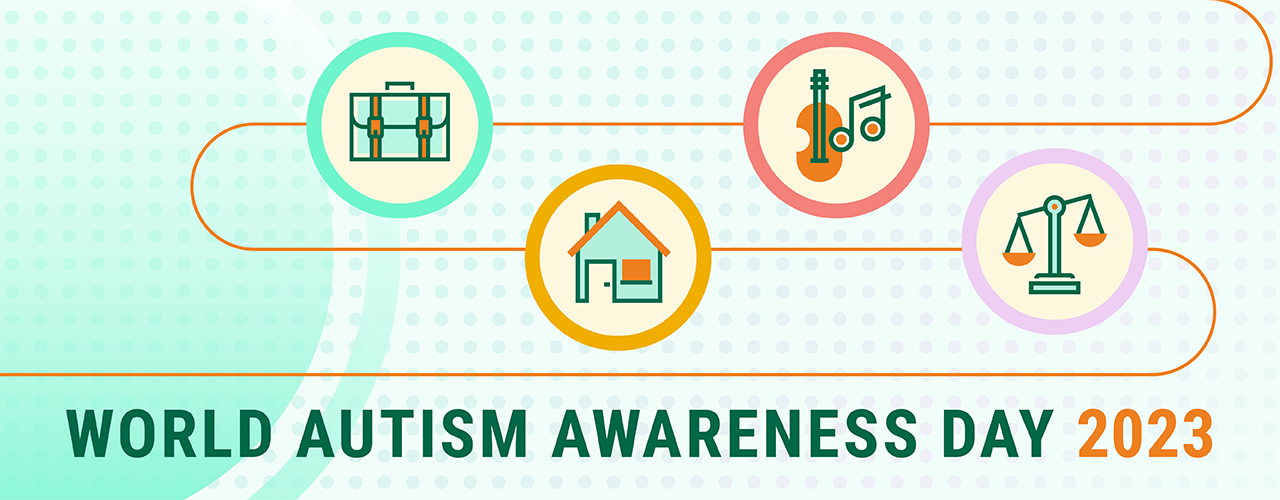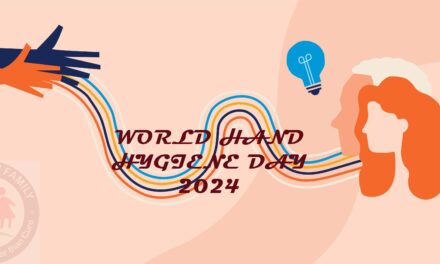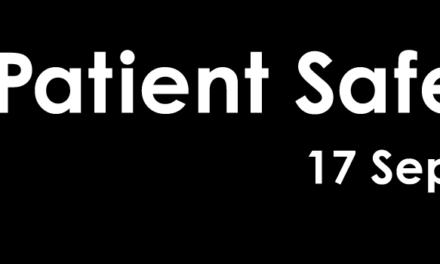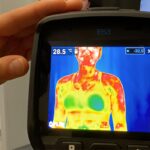
Background
Throughout its history, the United Nations family has celebrated diversity and promoted the rights and well-being of persons with disabilities, including learning differences and developmental disabilities. In 2008, the Convention on the Rights of Persons with Disabilities entered into force, reaffirming the fundamental principle of universal human rights for all. Its purpose is to promote, protect and ensure the full and equal enjoyment of all human rights and fundamental freedoms by all persons with disabilities, and to promote respect for their inherent dignity. It is a vital tool to foster an inclusive and caring society for all and to ensure that all children and adults with autism can lead full and meaningful lives.
The United Nations General Assembly unanimously declared 2 April as World Autism Awareness Day (A/RES/62/139) to highlight the need to help improve the quality of life of those with autism so they can lead full and meaningful lives as an integral part of society.
Autism is a lifelong neurological condition that manifests during early childhood, irrespective of gender, race or socio-economic status. The term Autism Spectrum refers to a range of characteristics. Appropriate support, accommodation and acceptance of this neurological variation allow those on the Spectrum to enjoy equal opportunity, and full and effective participation in society.
Autism is mainly characterized by its unique social interactions, non-standard ways of learning, keen interests in specific subjects, inclination to routines, challenges in typical communications and particular ways of processing sensory information.
The rate of autism in all regions of the world is high and the lack of understanding has a tremendous impact on the individuals, their families and communities.
The stigmatization and discrimination associated with neurological differences remain substantial obstacles to diagnosis and therapies, an issue that must be addressed by both public policy-makers in developing nations, as well as donor countries.
In recent years, major progress has been made in increasing awareness and acceptance of autism, not least thanks to the many amazing autistic advocates who have worked tirelessly to bring the lived experience of autistic people to the wider world. Additionally, medical professionals, researchers and academics in many countries are now incorporating the neurodiversity paradigm, coined by sociologist Judy Singer in the late 1990s, in their work.
Transforming the narrative: Contributions at home, at work, in the arts and in policymaking
We are moving away from the narrative of curing or converting autistic people and instead focusing on accepting, supporting and including autistic people, and advocating for their rights. This is a major transformation for all autistic people, their allies, the wider neurodiversity community and the world at large. It enables autistic people to claim their dignity and self-esteem, and to become fully integrated as valued members of their families and societies.
It also makes it possible to focus attention on the contributions that autistic people make to the world, as this year’s World Autism Awareness Day (WAAD) observance will do, focusing in particular on their contributions in the home, at work, in the arts and in policymaking.
Autistic people do, nevertheless, still face discrimination and other challenges. As with all populations, autistic people have a wide range of talents and challenges that are often not recognized by the world they are born into. In addition, the levels of awareness and acceptance vary dramatically from country to country. We must also recognize that autistic people are especially vulnerable to the major upheavals to routines and daily lives that we witness all around us, such as pandemics, wars and natural disasters.
Themes
- 2012: “Launch of Official UN “Awareness Raising” Stamp”
- 2013: “Celebrating the ability within the disability of autism”
- 2014: “Opening Doors to Inclusive Education”
- 2015: “Employment: The Autism Advantage”
- 2016: “Autism and the 2030 Agenda: Inclusion and Neurodiversity”
- 2017: “Toward Autonomy and Self-Determination”
- 2018: “Empowering Women and Girls with Autism”
- 2019: “Assistive Technologies, Active Participation”
- 2020: “The Transition to Adulthood”
- 2021: “Inclusion in the Workplace”
- 2022: “Inclusive Quality Education for All”
- 2023: “Transforming the narrative: Contributions at home, at work, in the arts and in policymaking”












